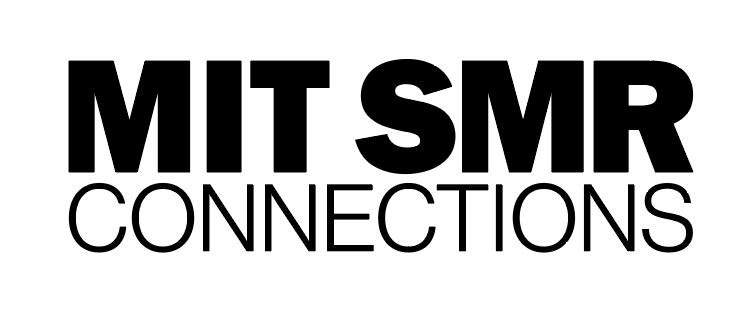The late, great Tony Hsieh, former CEO of Zappos, once said of his business: “Our number one priority is company culture. Our whole belief is that if you get the culture right, most of the other stuff like delivering great customer service or building a long-term enduring brand will just happen naturally on its own.”
As we progress toward a new, culture-focused workplace, Hsieh’s words ring truer than ever. The question we face now is: what does the “right” culture mean? At its core is the practice of treating employees like customers, ensuring that they’re both fulfilled and valued, especially when a post-pandemic gig economy has created more flexible options than ever.
And it’s not only about where to work. Employees can choose how many hours they spend on the job, whether they want to work for multiple employers or commit to a single company, how much they charge, what time the workday begins, and how they manage work-life balance.
According to the U.S. Bureau of Labor Statistics, median employee tenure was roughly 4.1 years in January 2020; among younger and GenY workers, however, that number gets cut roughly in half. Deloitte’s perspective on retaining top talent: “Engage employees with meaningful work…or watch them walk out the door.”
But effective employee retention will require a significant shift in the way companies think about their workplace and people. There will need to be a deep focus on diversity, equity and inclusion, and the adoption of new tech that fosters development and creates upward mobility for top talent.
Diverse Culture, New Markets, Wider Network
The power of DEI is hardly a new realization; 20+ years ago, when Lou Gerstner took the helm at IBM, resulting in its famous turnaround, he focused first on the people, linking diversity goals with business goals. Once the idea had been implemented and sustained, many IBM employees, as interviewed by David A. Thomas for Harvard Business Review described “…a significant philosophical shift—from a long tradition of minimizing differences to amplifying them and to seizing on the business opportunities they present…”. Said Gerstner, “It’s about understanding our markets, which are diverse and multicultural.”
But that’s just the beginning
In addition to offering increased incentives, from flexible work schedules to on-site meditation spaces, businesses are going above and beyond to retain top talent. To compete meaningfully, however, employers will increasingly find themselves having to provide not only a job, but also an experience of learning, growth, development, community and emerging tech.
ChatBots now exist to give employees the tools to feel both seen and heard, on or off record—offering an effective and relevant medium (text) for GenY and GenZ. We’ll also see businesses leveraging AI platforms to source talent, as well as help employees, learn new skills to prepare them for a tech-centric future.
Employee retention is deceptively complex and requires collaboration from partners across the company to create both a diversity and retention strategy, as well as a culture-focused workplace, that results in truly committed staff at all job levels.
Informed Insights for Retaining Talent
- Leverage AI and other new tech to help employees grow, develop and create their path forward. (Reward them for using personal time to learn new skill sets.)
- Build a diversity strategy now and house it within the C-suite or office of the CEO. Diversity is no longer an added element, exclusively outsourced to HR, but rather a crucial part of company culture. (Amplify its importance by hiring a Chief Culture Officer.)
- Treat employees like your customers. Respect them. Celebrate them. Show them they’re valued, not only with engaging incentives but also a diverse, inclusive culture and clear path forward. (And give everyone a voice.)
- Reverse mentor: digital natives have so much to offer to senior executives and C-suites, while leadership can in turn offer guidance and counsel. (Reverse mentorship programs also cultivate a sense of community and dispense with dated hierarchical models.)





